Research
Norwegian Association of Local and Regional Authorities
Benefits from adopting new technologies in municipalities
Terje Wistner from the Norwegian Association of Local and Regional Authorities would like to see more impact research about e-health in municipalities so that we can document the benefits.
Norwegian University of Science and Technology
People must be trained in using digital technology in care
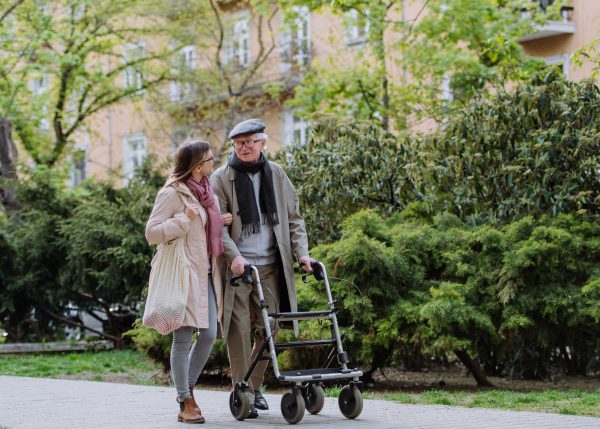
It is urgent that we create societies that are good for everyone to live in. People are now being trained for new health technology jobs. These professions of the future hardly exist yet, but are already important. Professor Artur Serrano at NTNU is interviewed in this article. Read the story here.
University of Bergen and Haukeland Hospital
Asynchronous digital therapy provides effective help
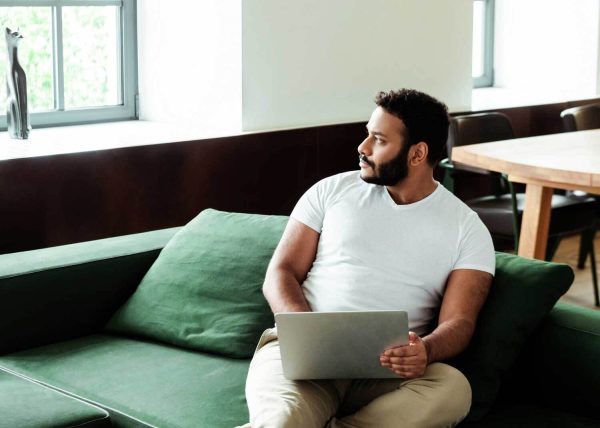
People who have mental disorders want to choose when to communicate digitally with the therapist. If we look at resource use and costs, this also works well for therapists. In this article, you will learn about the research of psychologist and researcher Tine Nordgreen, head of Centre for research-based innovation on Mobile Mental Health, at Haukeland University Hospital and the University of Bergen. Read the story here.
Webinar
Technology can lead to inclusion, but also exclusion
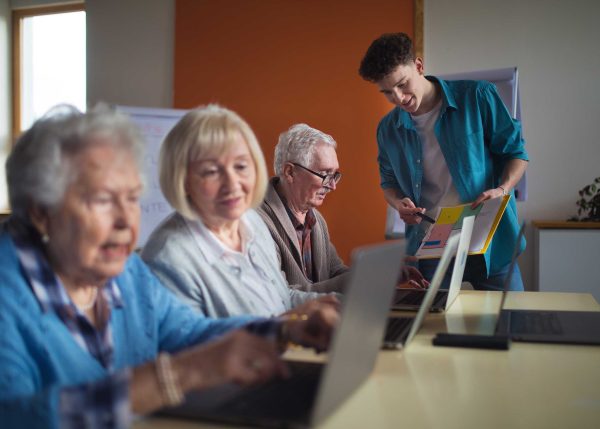
As the world around us becomes more digital, we often hear about how technology can be used to increase inclusion. However, according to Margunn Aanestad, professor in e-health at the University of Agder, technology can also increase exclusion. A report from the Norwegian Institute for Adult Learning showed that roughly 600 000 Norwegians are non-digital, and at risk of being excluded from the digital society. Read the summary here.
University of Agder
Doing social and digital inclusion
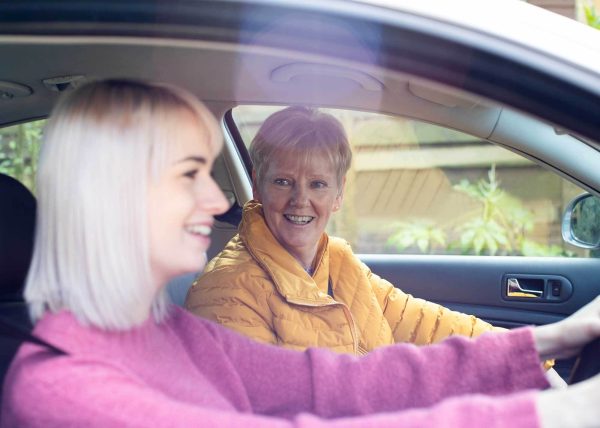
An aging population and the rapid development of digital citizen services mean that vulnerable people fall outside the digital community. In this article, professor Elin Thygesen from the University of Agder shares several important experiences. Counteracting loneliness and providing older people with basic technological skills are among the goals. Find the story here.
Norwegian Centre for E-Health Research
Un-shoveled driveways at patients' houses reveal gaps in the care system

Research will examine how an interdisciplinary approach can provide patients with better support and quality of life. Marte Broks is an adviser at the Norwegian Centre for E-health Research and senior doctor at the geriatric ward at the University Hospital of North Norway. She treats the oldest and most frail patients, who often have various diseases and need follow-up over time. Read the story here.
Østfold University College
Hybrid event - Digital interventions for autism and depression
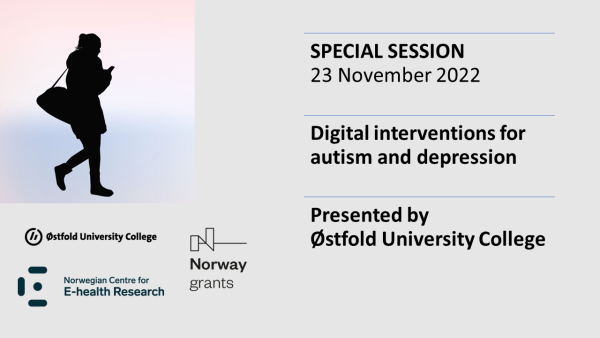
Asperger syndrome is characterized by difficulty with social interactions, and fewer interests and activities. There is no general delay in language or cognitive development. What research is there on the link between social media, autism and physical activity? Social media apps may be used to increase physical activity. But still, there is little research on this topic. Another interesting topic is what attitudes we can observe in viral tweets about autism. We also learn about internet-delivered treatment for depression. It shows promising effects, but may not be the right option for everyone.
Open the links to watch the presentations:
- Anders Nordahl-Hansen: Social media and physical activity in autism
- Ingjerd Skafle: Online attitudes and information-seeking behavior on autism and Asperger’s syndrome
- Anders Dechsling: Virtual reality interventions in autism
- Elia Gabarron: Social media interventions for autism
- Juan Carlos Torrado Vidal: Emotional self-regulation strategies for people with autism using wearable devices
- Line Børtveit: Internet-delivered treatment for depression
- Kerstin Denecke: Implementation of cognitive behavioral therapy in e-mental health apps
Centre for Connected Care
Better healthcare innovation through a research-based framework
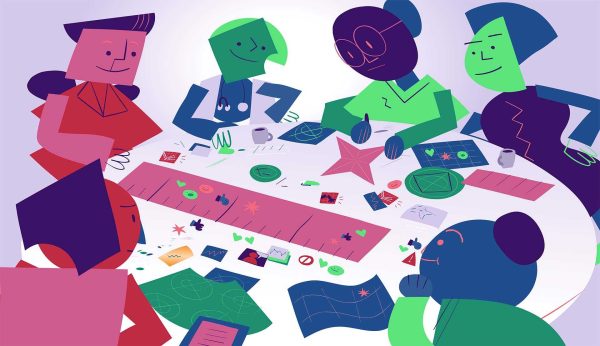
Step Up is a research-based framework to make better decisions about the potential impact of an innovation, early in the process. Use the activities for engaging workshops that bring together the perspectives of users, staff, clinicians, managers and decision-makers.
Creating health services for the future requires leadership. Check out the activities that are specifically for health leaders and managers.
University of Agder
Try it before you buy it
How can you find the aids you need if you don't know that they exist? Citizens can visit the showroom at the University of Agder to experience welfare technologies that might help them to maintain their independence and live at home longer.
The i4Health building is a meeting place for citizens, innovators, researchers and students. In addition to the showroom, the building is home to an extended reality lab, a home simulator, and a usability lab. Together, visitors, employees and students can test current welfare technologies and innovate even better solutions.
Check out what each room offers in the video below.
OsloMet – Oslo Metropolitan University
Remote, palliative care for children
Children who need palliative care often have complex conditions and needs. CHIP homeTec examines possibilities for using technology in remote, palliative care for children from the perspective of the child, their family, and health personnel. As well as the ethical, judicial and social aspects of health technologies. Get a feeling for the ethical challenges surrounding technology and palliative care for children in this video.
Western Norway Research Institute
Technology and society
E-health creates large and complex challenges for society. In this video you will meet Hilde Corneliussen from Western Norway Research Institute. What does she think is the key to solving these challenges?
Norwegian University of Science and Technology
Personalized health services
When a health service is personalized, we can draw on the patient's resources while also allowing health personnel to redistribute their time. Ph.D. student Nina Kongshaug at the Norwegian University of Science and Technology is examining personalized health services in the context of remote home care for cancer patients. The patients can use an app to document side effects, or they can call the hospital as needed.
Vestre Viken Health Trust, OsloMet, Norwegian Centre for E-health Research
From talking about AI to clinical practice
Researchers watched closely as Vestre Viken Health Trust implemented artificial intelligence in their radiology department. There was a lot to learn about this new kind of tender.
University Hospital of North Norway
Artificial intelligence interprets your medical record
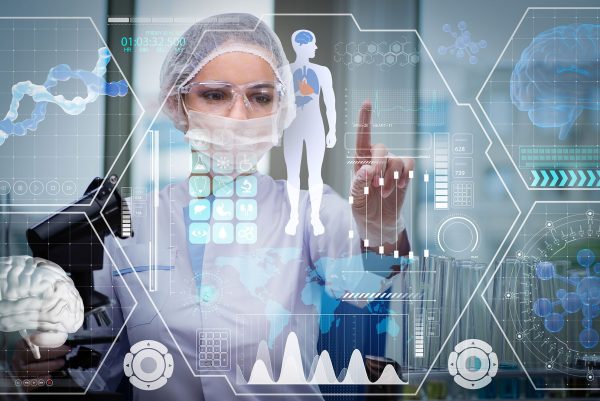
Healthcare workers use an international set of codes when documenting a patient's diagnosis. Clinicians will often register the wrong code or not include all relevant codes. It is estimated that error rate can be as much as 20-30 percent. That is why researchers are developing an artificial intelligence model that can assist in this process. Read the article about how artificial intelligence can interpret your medical record.
UiT The Arctic University of Norway
The world needs more medical computer scientists! ... A what?
Medical informatics is about e-health, which means using technology in medicine, health, and care. Check out this film to see exciting projects that students and researchers create together.
Norwegian Cancer Society
Precision medicine and cancer
If you take a gene test, you can receive much more precise cancer treatment. Ingrid Stenstadvold Ross from the Norwegian Cancer Society gives us a quick introduction to precision medicine's role in cancer treatment.